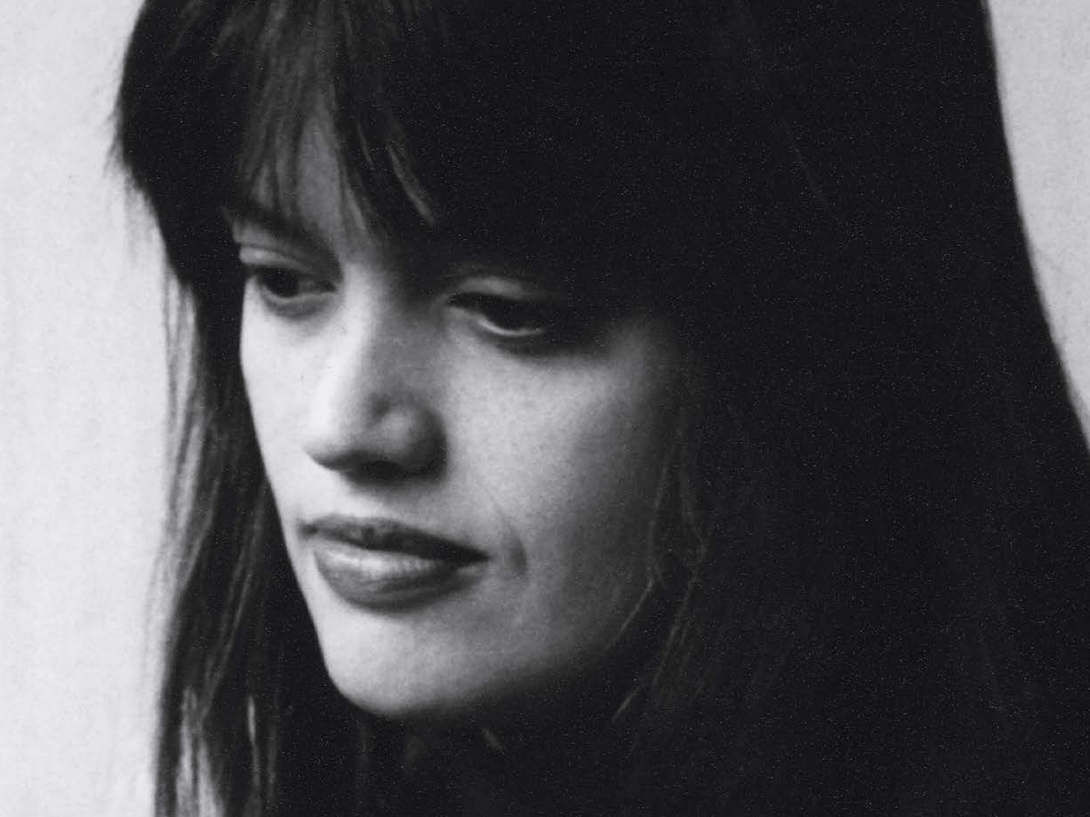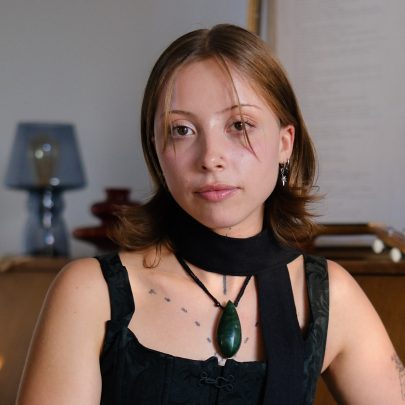Apr 11, 2021 Books
A juicy memoir of growing up in one of New Zealand’s great literary families.
“It’s material. Make a story out of it.” This is what writer Charlotte Grimshaw’s literary-heavyweight father, C.K. Stead (or, less formally, Karl), and her mother, Kay, always told her when she was growing up. Well, Grimshaw has called their bluff by writing this knockout memoir, offering backstage access to one of Aotearoa’s most intellectually fearsome and elite literary families.
With a bracing clarity, Grimshaw strenuously interrogates the dynamics of her “tidily chaotic, respectably anarchic, stably unstable” family, delicately tracing the rising curve of friction and chaos within it. It’s a family, she writes, which has been “controlled by false or imagined narratives”. Grimshaw is such a hypersensitive and lucid observer and The Mirror Book is her way of facing things squarely to break out of what she calls decades of learned behaviour, documenting the inevitable disputes that arise when one dares to step outside of one’s designated roles within a family.
Like many memoirs, this one begins with a conflict that sees Grimshaw’s world rocked by a crisis that provides the catalyst for her to go back and navigate the distress signals and high-tension wire of the Steads’ Byzantine family dynamics. Under the veneer of what she describes as a tidy home of orderly and moderate living lurked the constant hum of chaos.
To be clear, this is in no way a resentful or angry book. Grimshaw maintains a calm, diagnostic coolness throughout when it would be so easy to write in anger. She has obviously always been fiercely devoted to her parents, who are always referred to in The Mirror Book as simply Karl and Kay. They’re a gaslighting “double-act” — Karl, a power-packed, irritable intellectual prone to almost comical explosions of rage, and Kay, referred to here multiple times as “cold” and “melodramatic” — a blizzard of frosty indifference and sulky, passive aggressive behaviour towards her daughter. After reading this book, it is staggering to think back to the RNZ interview with Stead when Kim Hill, referring to his multiple infidelities, tells him his “wife must be a saint”.
There are twisted loyalties. When Grimshaw and Kay are out one day, a man comes up to them on the street to tell Grimshaw he enjoyed her latest novel. He says she is giving her father a run for his money. Kay is charming but as soon as he leaves, she mutters, “What a cunt.” The shock and backhanded cruelty of it are like a sudden slap.
A writer of unquestionable depth and insight, Grimshaw has what must be an almost overwhelming (for her, I imagine) and meticulous ability to view and consider everything she reports on from every angle imaginable, in ways not dissimilar to Rachel Cusk. There is perhaps only one moment of silly theatrics, and that is when a woman anonymously calls her to suggest her husband has been “carrying on with another woman” and Grimshaw writes that she hears “perhaps the rattle of ice in a glass” down the line, which is like something from an episode of Dynasty. And there are the predictable nods to Joan Didion which I instinctively knew would show up in this book — all those classic Didionisms of “magical thinking” and being “a cool customer”.
I’ve always thought Grimshaw to be aloof, frosty even; of being shored up against the world or somehow walled off. But, in these pages, she is immensely likeable and thoughtful, with a sharp moral and ethical compass and a strong sense of justice and empathy. She explains that she just simply has poor facial recognition and a difficulty in relating to women, which is something she seeks to understand about herself through the writing of this book. We gain so much prismatic insight into Grimshaw — as a loyal daughter, a kind and loving mother, a sharp thinker and an award-winning writer. The Mirror Book details excruciating grief, loneliness, infidelity, psychological and emotional abuse, and physical violence. She writes of being bullied at school and how, encouraged by Kay’s free-range parenting, she ran wild as a lawless teenager, roaming the Auckland streets at night, setting cars on fire, blowing up phone boxes, smoking hash at Sweetwaters. When The Clash comes to Auckland, she excitedly wanders backstage with a friend to catch a glimpse of the group, only to be disappointed to find how short they are. Grimshaw’s descriptions of Karl’s fits of irrational rage are at times hilarious. When recounting an episode when he flew in a rage at her when she was merely two years old, she describes his face with its “extraordinary series of squints and scowls”.
In her careful and measured manner, Grimshaw occasionally steps in to remind us, “This is how I remember it. This is how I would take the material and tell the story.” She often refers back to her novels, as if looking for clues. “Telling your story is existentially important…” is what Grimshaw is told by a psychologist. It’s a line she repeats throughout the book, almost as a reminder to herself that she is allowed this autonomy.
Grimshaw is a peerless writer with a strong sense of acuity and The Mirror Book is one of the best New Zealand memoirs I’ve read in years. Sure, it’s a juicy page-turner but it is also full of surprises, acutely reported, and, as you would expect from Grimshaw, is written beautifully with dignified poise and care. A reflection of clarity and beauty.
The Mirror Book
Charlotte Grimshaw
(Vintage New Zealand)
$38






